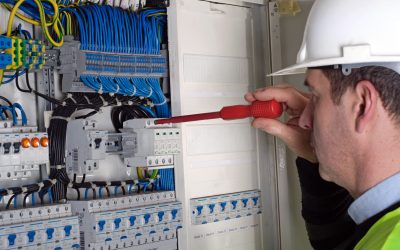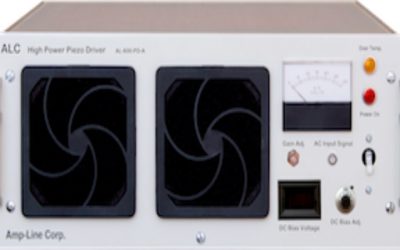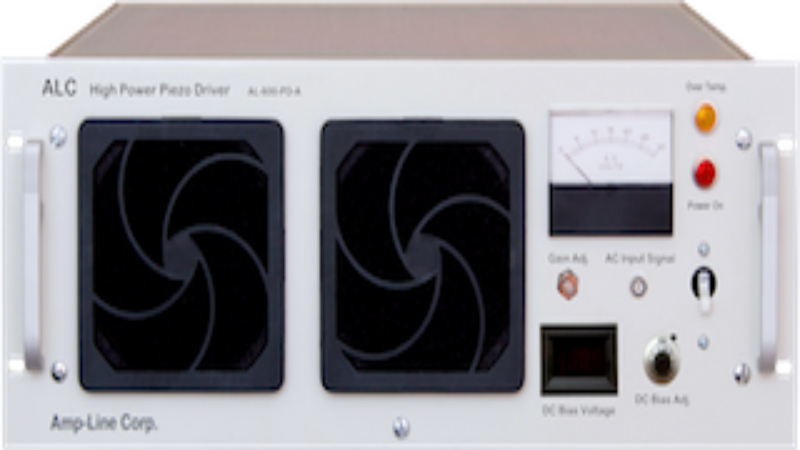In the industrial landscape, automation systems are at the heart of efficient production and process management. As factories and processing plants move toward greater levels of automation, the demand for reliable and efficient power management solutions is on the rise. For individuals seeking information about advanced power conversion technologies, the term High Frequency Transformer often appears as a crucial component in discussions about industrial automation systems.
Importance of High Frequency Transformers in Automation
Modern industrial automation systems rely on precise control and rapid response to optimize operations. A key element enabling these capabilities is the use of transformers that operate at higher frequencies than traditional models. High frequency transformers are designed to handle rapid switching and conversion of electrical energy, making them indispensable in power supplies, motor drives, and control circuits commonly found in automated environments.
These transformers enable compact and lightweight designs by allowing for the use of smaller magnetic cores and windings. This size reduction translates directly to increased efficiency and reduced energy losses, both of which are critical in environments where up time and energy savings are paramount.
Key Functions in Industrial Automation
A high frequency transformer serves several essential functions within automation systems:
- Voltage Transformation: It steps up or steps down voltage levels as required by different components, ensuring that each device receives the correct power for optimal performance.
- Isolation: Electrically isolating various sections of a system it enhances safety and prevents electrical faults from spreading.
- Noise Reduction: High frequency transformers help filter out electrical noise, which is vital for maintaining signal integrity in sensitive control circuits.
Advantages Over Conventional Transformers
The shift towards high frequency operation offers distinct advantages for industrial automation:
- Size and Weight Reduction: Higher frequencies enable smaller core sizes, facilitating easier installation in compact control panels.
- Improved Efficiency: Reduced core losses at higher frequencies result in less wasted energy and lower operating temperatures, thereby contributing to a longer equipment lifespan.
- Faster Response: Automation systems benefit from rapid switching capabilities, which are essential for real-time control and dynamic adjustments.
Applications in Industrial Settings
High frequency transformers are integral to a variety of industrial automation applications. They are found in:
- Switched-mode power supplies: Providing stable power to programmable logic controllers and sensors.
- Variable frequency drives: Controlling motor speeds with precision for conveyor belts and robotic arms.
- Data acquisition systems: Ensuring accurate signal transmission and protection from electrical interference.
These applications highlight the versatility and necessity of these transformers in modern automated processes.
Considerations for Implementation
When integrating a high frequency transformer into an automation system, several factors must be considered:
- Thermal Management: Higher operational frequencies can generate more heat, so proper cooling is essential.
- Material Selection: The choice of core and winding materials affects efficiency and longevity.
- Compliance and Safety: Transformers must meet industry standards to ensure safe operation within automation environments.
The high-frequency transformer plays a pivotal role in modern industrial automation systems by enabling efficient power conversion, system isolation, and noise reduction. Its compact design, energy efficiency, and fast response make it a cornerstone of reliable and scalable automation solutions. As industries continue to adopt advanced automation technologies, the importance of high frequency transformers will only increase, supporting both productivity and operational safety in the years ahead. Visit Amp-Line Corp to know more.


